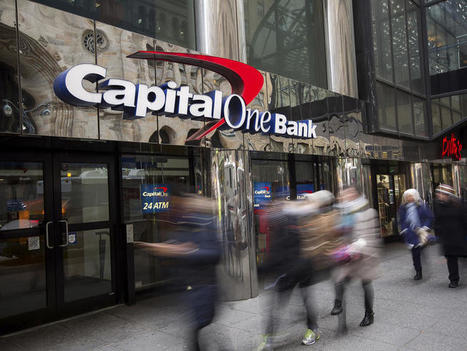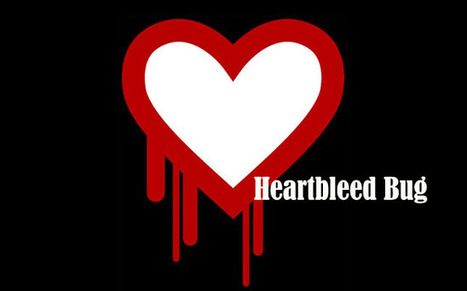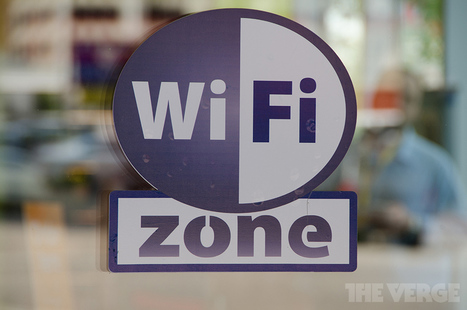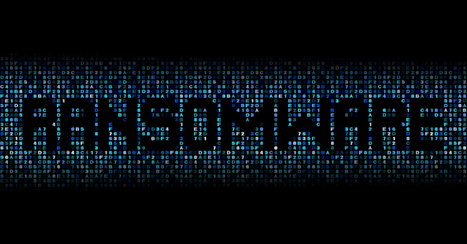Capital One has disclosed that it has suffered a data breach impacting 100 million people in the United States, and 6 million in Canada.
The company said in a statement that data between 2005 and 2019 was accessed and related to information on consumers at the time when they applied for a credit card.
"This information included personal information Capital One routinely collects at the time it receives credit card applications, including names, addresses, zip codes/postal codes, phone numbers, email addresses, dates of birth, and self-reported income," the company said.
"Beyond the credit card application data, the individual also obtained portions of credit card customer data, including: Customer status data, e.g., credit scores, credit limits, balances, payment history, contact information; Fragments of transaction data from a total of 23 days during 2016, 2017 and 2018."
Approximately 1 million Canadian social insurance numbers, as well as 140,000 American social security numbers and 80,000 bank account numbers were also accessed.
"No bank account numbers or Social Security numbers were compromised," the bank said before listing the above numbers.
Learn more / En savoir plus / Mehr erfahren:
https://www.scoop.it/t/securite-pc-et-internet/?&tag=DATA-BREACHES



 Your new post is loading...
Your new post is loading...














Capital One has disclosed that it has suffered a data breach impacting 100 million people in the United States, and 6 million in Canada.
The company said in a statement that data between 2005 and 2019 was accessed and related to information on consumers at the time when they applied for a credit card.
"This information included personal information Capital One routinely collects at the time it receives credit card applications, including names, addresses, zip codes/postal codes, phone numbers, email addresses, dates of birth, and self-reported income," the company said.
"Beyond the credit card application data, the individual also obtained portions of credit card customer data, including: Customer status data, e.g., credit scores, credit limits, balances, payment history, contact information; Fragments of transaction data from a total of 23 days during 2016, 2017 and 2018."
Approximately 1 million Canadian social insurance numbers, as well as 140,000 American social security numbers and 80,000 bank account numbers were also accessed.
"No bank account numbers or Social Security numbers were compromised," the bank said before listing the above numbers.
Learn more / En savoir plus / Mehr erfahren:
https://www.scoop.it/t/securite-pc-et-internet/?&tag=DATA-BREACHES